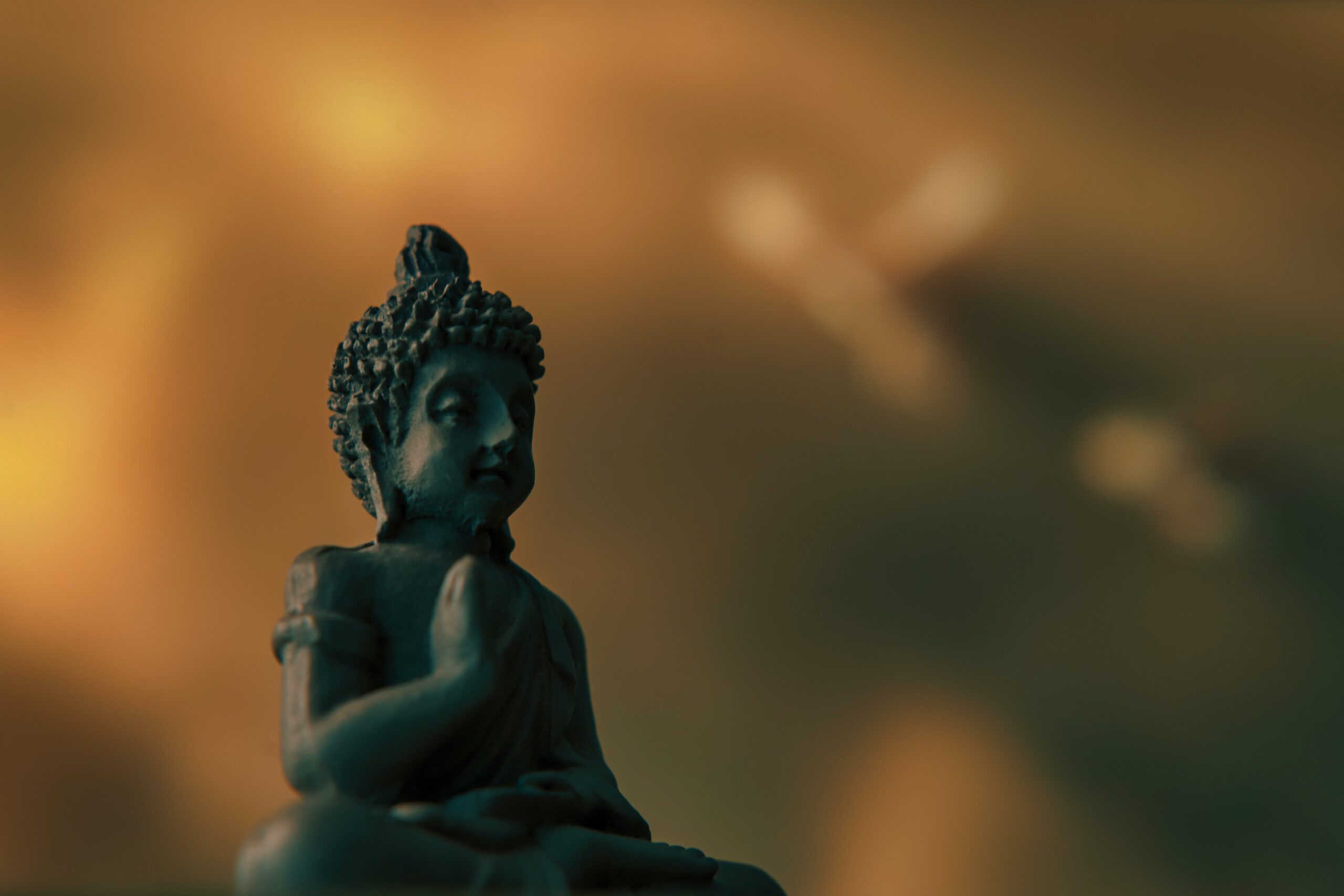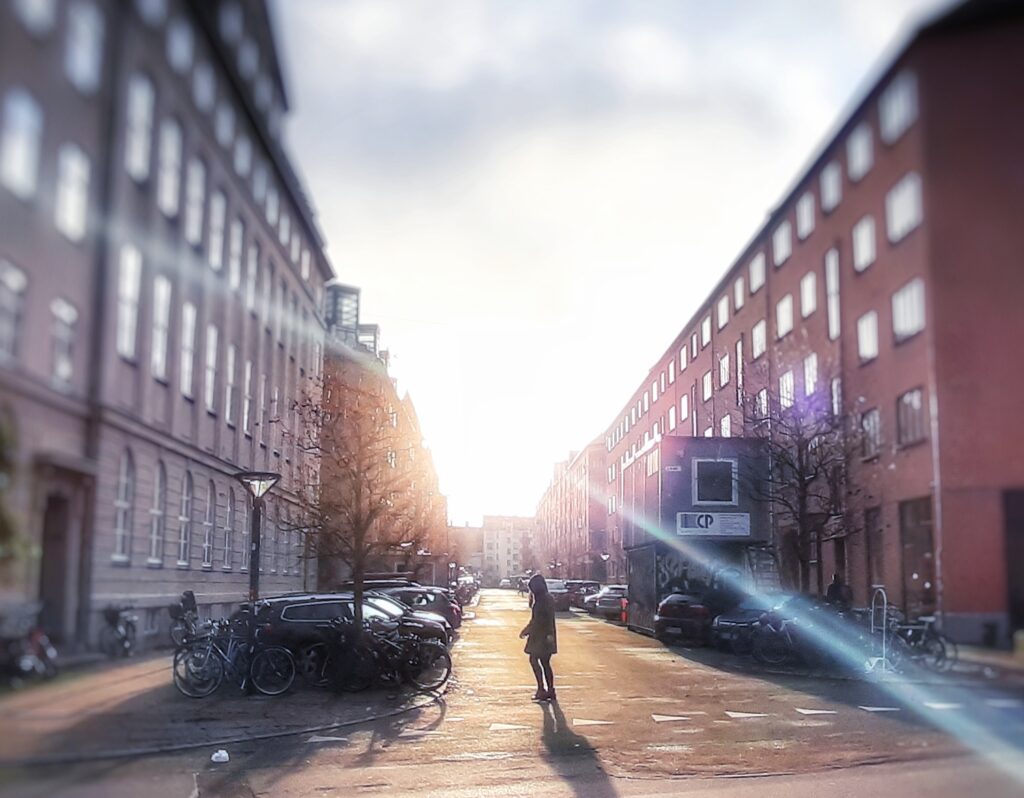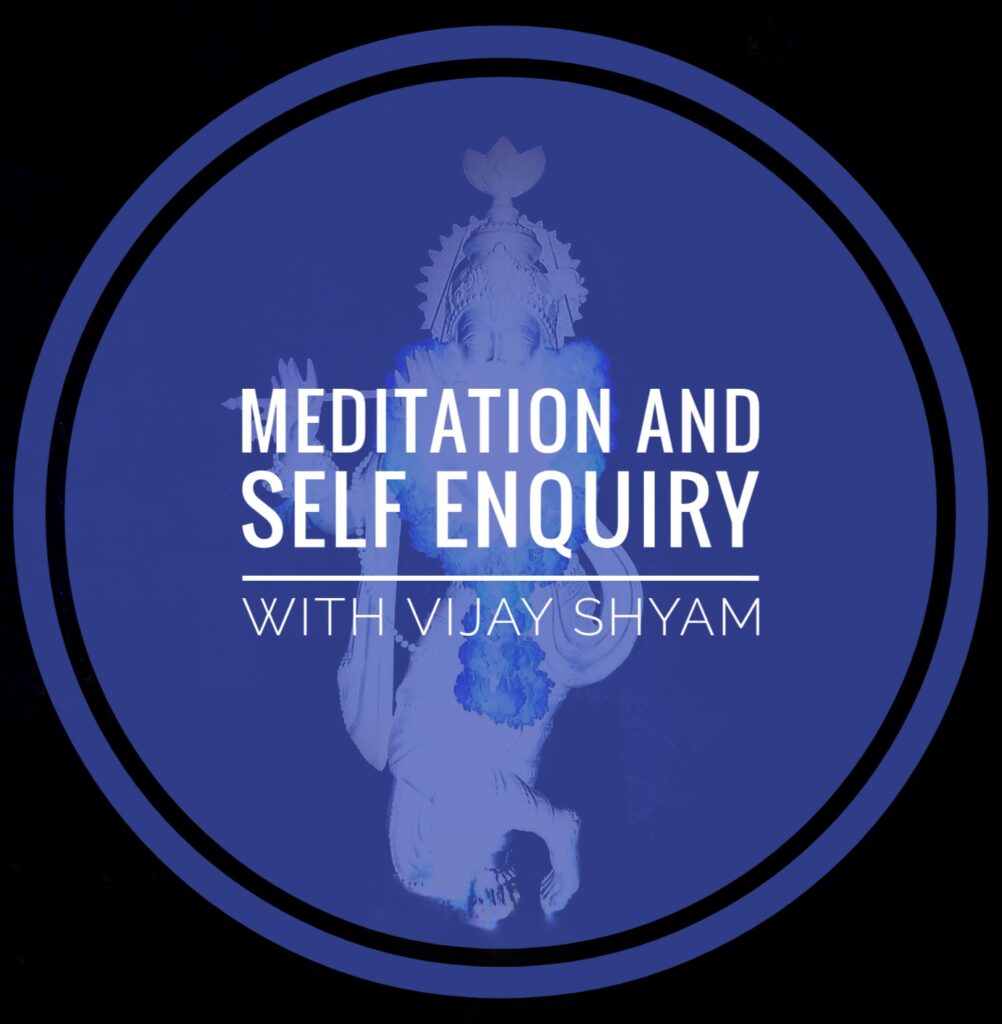If Meditation is the Answer, then What is the Question?

Nobody wants to suffer. Everybody wants to pinpoint the problem and to know the solution. Only a few ask themselves why they perceive something as a problem. Fewer still have the clarity to perceive the deep knowledge that can be learned from their fearless experience of a “problem”.
What we perceive as a problem is based on how we like our world to be. The spectrum of what we like goes from wanting to simply be alive, to wanting the tiniest of superfluous trifles to be according to our specific expectations. How we like our world to be is highly individual and a lot of what we expect to get from the world, is based on unconscious desires and fears. Never-the-less we do not hesitate to construct empires based on those imaginary and fragile foundations.
A famous example is Hitler’s “Jewish problem” and his “End Solution”. It was mildly speaking, a grand disaster.
While most of us hopefully will stay away from committing genocide, we can all be caught in the same disastrous kind of half-baked reasoning. This happens when we do not want to understand what the real problem is, and instead we look for a quick fix that will not demand of us to reconsider our set of half-hidden but inescapable conditioned values and beliefs.
But to look at our beliefs is important, because many of our so-called problems are our own creations. Our own imagination.
There is a reason why something is perceived as a problem. This reason is the deeper problem hiding behind the apparent problem. The deeper problem is sitting inside you and carries in it a valuable lesson that you will miss if you just want to fix the superficial externally perceived problem.
Only fixing the symptom leads to an addiction to the fix, because the problem will keep resurfacing as long as the root problem is left untreated. Addiction is not just to substances; it can be to anything we keep wanting to have despite the truth that it brings only a temporary respite as well as serious side effects. It is a locked circle.
For example, if we cannot sleep, we go to the doctor for sleeping pills, we want the solution and we get a pill. But we could also find out what the problem is. Maybe we need to change something in our life, maybe we do simply not fit in the normal system of 7-8 hours of sleep from 10 pm – 6 am? Maybe we are in a constant state of worry or stress due to ideas of how much we need to work, or how much control we think we need to have over reality. But we could attempt to identify the root of the problem. This approach of identifying the root problem is less simple, and it may reveal things we do not like to see, because it raises questions like; What is wrong in my life? What do I need to change? What do I want?
What is the meaning of it all?
What is this world and what am I doing here?
Who Am I?
We often do not want to address these questions fully because it seems an overwhelming task and may threaten the foundation of our world view by questioning our foundational values. So, we run around extinguishing the small flickering flames, but ignore the smouldering fire that is consuming our peace of mind.
We know the fear of loneliness is temporarily soothed by company, but will reappear when your guests go home, when your kids move out or your spouse dies. Being alone can for some people feel like a threat to their sanity. They will do anything they can to avoid having to sit down in an attempt to understand why being alone is a painful experience to them. They are oriented away from the problem because it is inside them, and they think that turning away is the solution.
This “turning away” can happen in a million ways; fear of the feeling that mess gives you, makes you obsessed with tidiness. Certain material goods are craved by you because they make you feel better. A cashmere sweater is nice and soft in a harsh world. This quick fix mechanism is driving consumerism because the fix never lasts. The temporary amelioration makes us look for the next fix. This attitude robs us of the possibility for deep understanding, acceptance, and wisdom. It is not your fault, but you have the power to change this.
Why?
Problems are basically events that are perceived as an outer danger to “our” world. The “smaller” and the more specific “our world” is, the stronger are the perceived outer threats and the more reluctant will we be to question out core beliefs. We cling to our fragile foundation. We become dogmatic.
But what if most of the problems are not true problems, but are simply seen as external problems because they challenge our personal world view?
Look closer; the problems we perceive as external threats to our world, actually appear inside our world, they are part of our world view.
How?
Problems are factors that define our personal configuration of attachment and aversion. That configuration is our world. Most of the time the problem we see, is a result of our world view, and we see the solution as a sustainer of our worldview. It is a feed-back loop.
The solution we find based on our need to make the problem go away quickly, without understanding why the problem is there, will only work for a limited time. The root problem that we do not see, will sprout another problem that we will want to fix.
Like that we keep running away from anything that does not fit in our version of the world.
We never stop to ask: Why am I running?

Pause & Observe
So, what is the root problem?
The root problem is our worldview, and the real solution is becoming aware of our world view. With awareness comes choice. With choice comes freedom.
What if we could drop 99% of our conditions for happiness and instead be happy in a much simpler way?
This is where we come to the question, Is Meditation a solution?
When I teach meditation, it happens that I get people in my class who comes to get a break from their problems, from their unease or confusion. After the meditation they return to the same life, maintaining the same worldview as they came with. Unfortunately, without self-inquiry, the same problems that they just had a break from, will return, until they again close their eyes and use meditation as a distraction. As a temporary fix.
That kind of meditation is equal to building a wall to keep out the people/events we decide is a problem or hiding the thoughts we do not like. This kind of meditation can lead to self-suppression or spiritual bypassing.
That kind of meditation is unfortunately what we see a lot. Just a temporary respite from our mad lives, mad minds. We like facts, but we do not want to truly learn; we want to skip the learning and go straight to the reward, the award ceremony, the red carpet. This is how we have been conditioned.
But meditation has much more to offer than a pause. It is not a coffee break with incense. It is not sitting still with closed eyes. Meditation is not just to take a break from the mind. Not just thinking positive thoughts.
It is a radical approach with world altering potential.
Meditation has in it the power to bring awareness of the nature of consciousness. This awareness can decondition our mind.
But no, meditation is not the solution. Meditation brings calm, but that calm is by no means the goal of meditation. The purpose of meditation is to develop the ability to step back from the busy thoughts, to detach and bring calm to the mind so it can be observed. Meditation needs to be coupled with inquiry. We need to first realise that the problem is that we do not understand the mind itself. If we understand the mind, it can be used in a conscious way. Meditation is training our capacity for unflinching and unbiased observation of reality.
Unless we stop and observe our mind, how it works, what it can do and what it cannot do, then we will be limited to simply figuring out temporary and limited solutions. We do this figuring with the very mind that, because we have no clue about what it really is, keeps tripping us up. Ensnaring us.
We are walking blindfolded as a herd of cattle under the illusion that we can see. And everyone around us confirm that we can see everything there is to see, because they think they can see it all. In reality we are lost in our own mind.
The mind’s job is to imagine. Trying to find peace in the mind is like looking to satisfy our hunger by finding a restaurant on the map, instead of actually going to the restaurant in real life. True satisfaction, true peace is not in the mind, it is beyond it. To go beyond the mind, for more than a glimpse, we need to understand what it is and to use it with purpose.
So, do not think you have to control the mind, or to analyse its products ( your thoughts) to death. You simply need to step away, observe and understand what consciousness is, what your mind can and cannot provide.
We may even find out that the particular problem is not a problem, and we may also realize that the temporary solution is fuelling the problem.
You will come to see that you are pure awareness observing the mind. After understanding this, you can playfully analyse your thought with clarity and humour.
Looking for the problem behind the problem becomes a philosophical/ spiritual task. But we cannot just skip the steps of observing, understanding and detaching.
You need to realize for yourself that your problem may often be that your unconscious construction of likes and dislikes is what causes you suffering. If we do not look at it, we might just think that the problem is that the world with its people is wrong, while it may in fact be an inside problem with an inside solution.
Meditation as a tool brings a calm, a detachment that allows you to disentangle and observe how your mind works and how it interacts with the world; how they co-create each other. You need to become aware of how we set up rules, value systems and opinions and how that creates a “boardgame” in which certain problems are agreed upon to be real and then we go looking for a solution to the problems, without ever stepping outside the “boardgame”.
The underlying problem is that we set off without asking: Why is this problem here? Is it really a problem?
So, no – meditation is not the solution, but it can bring us the ability to find the solution. The solution is often that the problem is imagined, and we need to know what the imaginer is.
Through meditation and self-inquiry, you will step back and see that problems are not obstacles on our way, they are teachers, they are opportunities for deeper understanding and more freedom. Observation is key.
To be able to step back and observe; that is the superpower that we train in meditation. To understand what we see and what it means, is what we do in self-inquiry, dialogue, and studies of philosophy.
We need both. Meditation alone caries the risk of escapism. Philosophy on its own can become dry intellectualism.
Reacting mindlessly is the way to bondage. Observation with detachment is the way to freedom.
All your longings come from the longing to be free.
Free to return to your inborn wisdom.
Vijay Shyam September- 2020


+ There are no comments
Add yours